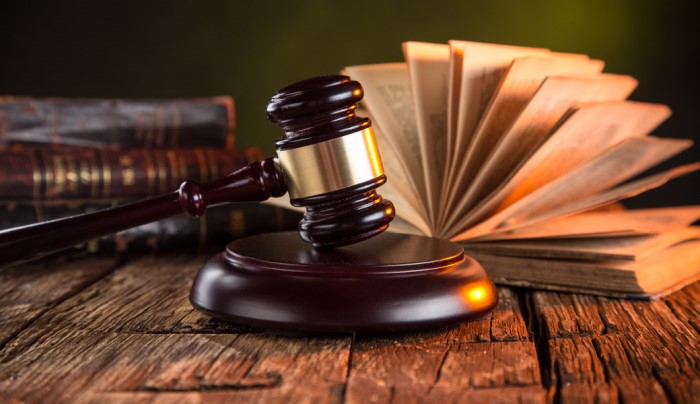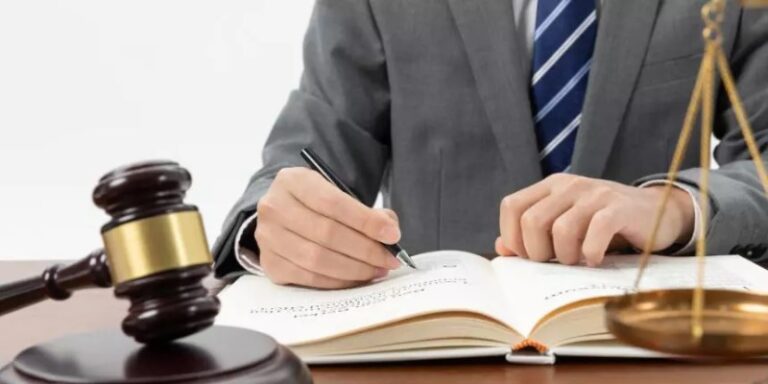Are you confused about truck accident law? Get answers here to all your queries, demystifying the complexities and providing clarity on your legal rights.
Introduction:
Navigating through the legal landscape of truck accidents can be daunting. Whether you’re a victim seeking compensation or a concerned citizen seeking knowledge, understanding truck accident law is crucial. In this comprehensive guide, we delve into the intricacies of truck accident law, shedding light on common questions and providing clarity to those in need. Buckle up as we embark on this journey to demystify truck accident law and empower you with the knowledge you need.
1. Understanding Truck Accident Law
Truck accidents fall under a distinct legal category due to their unique nature and potential severity. Truck Accident Law encompasses regulations, liability determinations, and legal procedures specific to accidents involving commercial trucks.
Truck accident cases often involve multiple parties, including the truck driver, trucking company, and possibly even manufacturers. Establishing liability and understanding the legal responsibilities of each party is essential in seeking justice and compensation.
2. Legal Rights and Responsibilities
In the aftermath of a truck accident, knowing your legal rights and responsibilities is paramount. Victims have the right to seek compensation for damages, including medical expenses, lost wages, and pain and suffering. Conversely, trucking companies and drivers have legal obligations to adhere to safety regulations and standards.
Understanding these rights and responsibilities empowers individuals to take appropriate action in the event of a truck accident, ensuring fair treatment under the law.
3. Factors Influencing Truck Accident Cases
Various factors can influence the outcome of a truck accident case, ranging from driver negligence to equipment malfunction. Truck Accident Law considers elements such as driver fatigue, improper maintenance, and adherence to traffic laws when determining liability.
Investigating these factors requires expertise and diligence to uncover the truth and hold responsible parties accountable for their actions.
4. Steps to Take After a Truck Accident
In the chaotic aftermath of a truck accident, knowing what steps to take is crucial for protecting your rights and preserving evidence. Immediate actions such as seeking medical attention, documenting the scene, and obtaining witness statements can significantly impact the outcome of your case.
By following these steps, you can lay the groundwork for a successful legal claim and ensure that your rights are safeguarded.
5. Common Misconceptions About Truck Accident Law
Misconceptions surrounding truck accident law abound, leading to confusion and misinformation. From assumptions about fault to misconceptions about insurance coverage, separating fact from fiction is essential for making informed decisions.
By addressing these misconceptions head-on, we aim to provide clarity and dispel myths surrounding truck accident law.
6. Seeking Legal Representation
Navigating the complexities of truck accident law often requires professional assistance. Confused About Truck Accident Law? Get Answers Here by enlisting the services of a knowledgeable and experienced attorney. A skilled lawyer can guide you through the legal process, advocate for your rights, and work towards securing the compensation you deserve.
FAQs:
In conclusion, Confused About Truck Accident Law? Get Answers Here seeks to demystify the complexities of truck accident law and provide clarity to those in need. By understanding your rights, responsibilities, and legal options, you can navigate the aftermath of a truck accident with confidence and assurance. Remember, knowledge is power, and with the right information at your disposal, you can assert your rights and pursue justice.














+ There are no comments
Add yours